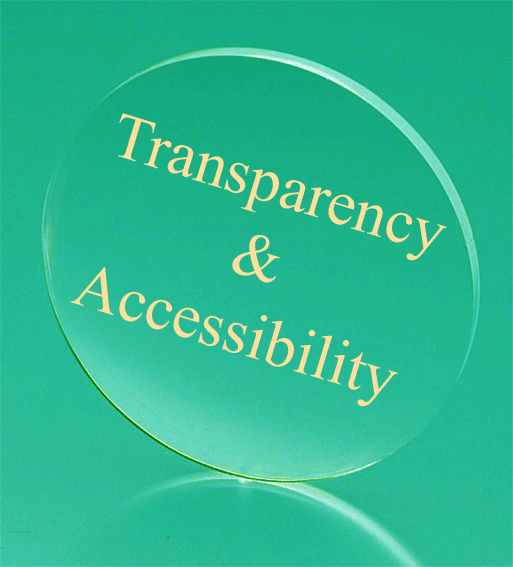As usual there were a lot of things that happened during the week, and not all of it was pharmacy or technology related. Here’s a quick look at some of the stuff I found interesting.
(more…)
Tag: Pharmacy School
-
“What’d I miss?” – Week of May 23, 2010
-
Requirements for a pharmacy informatics professional
In a post from ASHP Midyear I mention that “pharmacists are highly educated clinicians that deserve to practice informatics at that same level. [They] should be the individual involved in making sure that systems are designed to include pharmacy workflow, that the reports being written provide the necessary information to be clinically relevant, that current clinical standards are adhered to during implementation of new systems, be the representative at the table during discussions of integration and interoperability of hospital systems, etcâ€
A couple of things caught my eye since writing those words and I would like to share them with you here.
(more…) -
Pharmacy school requires iPhone/iPod Touch
AppleInsider.com: “The University of Florida is the second school in as many months to announce that students enrolling in one of its curriculums this fall will be required to own either an iPhone or iPod touch, highlighting an increasing role for Apple’s multi-touch devices in higher education.” –When I graduated from pharmacy school in 1997, a laptop was considered really big news.  I wonder where we’ll be in another ten years. Who knows, but I’m looking forward to it.

